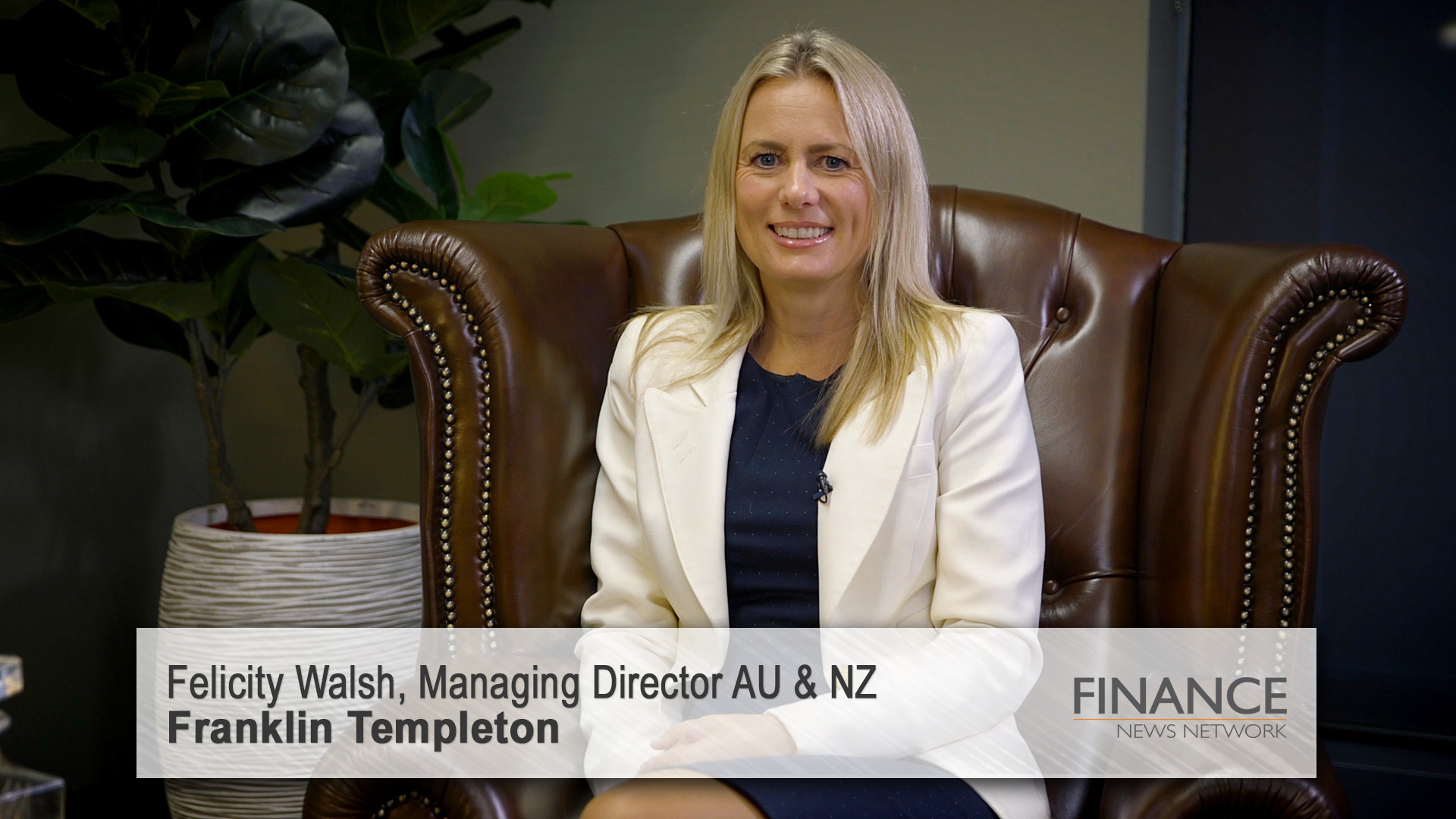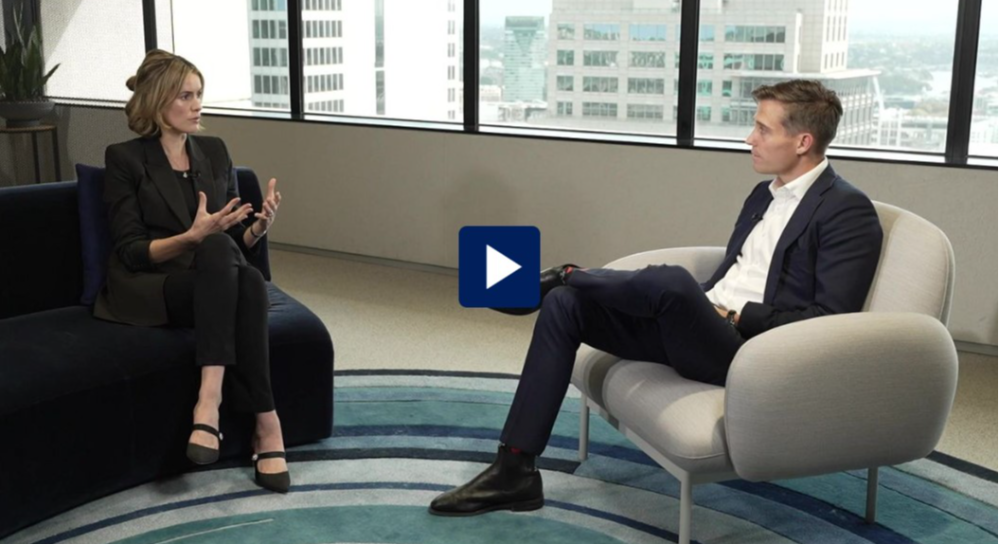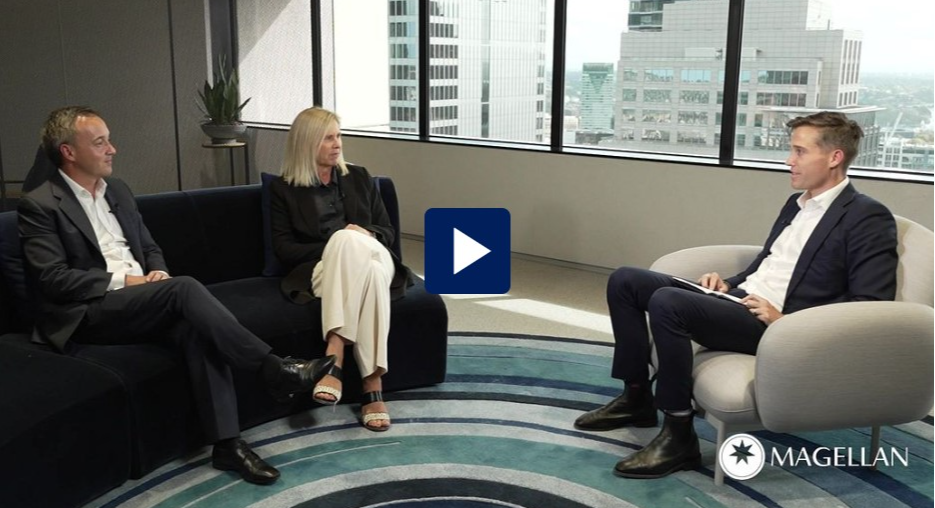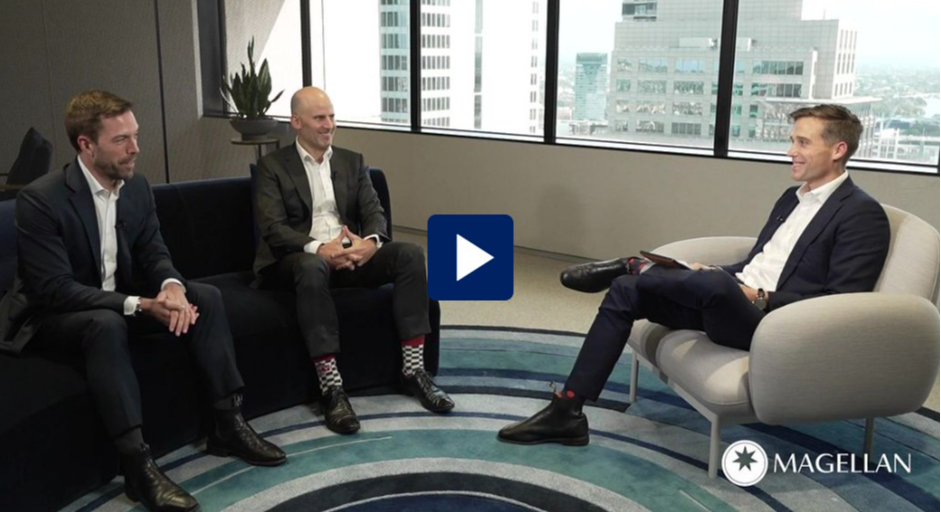1. The wall of stimulus money is distorting markets
Central banks around the world have provided unprecedented monetary support to economies following the COVID-19 pandemic, effectively distorting markets as large amounts of liquidity hit compromised economies unable to utilise it.
As economies start to reopen, the stimulus money is increasing prices, with housing and stock markets booming. This distortion is particularly apparent in the US where the market is now trading on extremely high valuations and historically where markets reached these points investors struggled to make a positive return over 10 years – going back 150 years.
Stock markets have staged the fastest recovery in history in response to the COVID-induced falls of early 2020. Investors may well be wondering ‘where is the risk?’ But it’s important to remember that the stock market is not a ‘free lunch’ – investors should always keep themselves grounded in the fundamentals.
2. Now’s not the time to be greedy
Equity valuations are as high and as irrational as they’ve ever been. One only has to look at the booming markets in Bitcoin or non-fungible tokens to see that greed is permeating markets.
It’s a challenging market for sensible long-term investors. It’s evident that most people aren’t even looking at the cashflow generation prospects of the businesses they’re buying – instead, they appear to be simply playing a game of ‘pass the parcel’.
With so much government stimulus propping up markets, it’s been hard for bullish investors to go wrong. Nevertheless, now is exactly the time when it’s important to maintain pricing discipline.
Return expectations are still extremely high. Investors should remember that if they pay too much for something, history shows that on average, prospective returns tend to disappoint.
3. Inflation may not be transitory
The debate about inflation has been going on for at least 10 years, but its emergence should not be surprising. Basic economics indicates that if rates are low enough for long enough, it must eventually be inflationary.
Demand has been propped up by government stimulus and supply has been disrupted by the pandemic, and the knock-on effect has been inflationary. However, it remains to be seen if these pressures will be enduring.
Inflation is well entrenched in Australia, where interest rates were cut largely due to China and its effect on inflation. But now investors find themselves in a different situation, with massive global investment into renewables in order to avoid the worst effects of climate change.
In fact, trillions of dollars will need to be spent to move the world away from fossil fuels and towards renewable energy sources. This means that energy prices will almost certainly need to rise – inevitably moving other prices up with them.
4. People want to do the right (sustainable) thing
Investors’ concepts of sustainability and ESG are continuing to broaden as the climate change and emissions-dominated thematic evolves. Most investors are trying to do the right thing with ESG – the debate is now how to do it.
Sustainability applies to every sector in the economy, and the biggest emitters are the companies investing the most to improve the situation. As active managers, we are challenging companies to examine and improve anything they’re doing that’s not sustainable.
In reality, we need to accept higher energy prices but people must be willing to sacrifice returns.
5. Sector opportunities away from the crowd
We tend to look at the sectors other investors avoid, rather than the ones being chased by the crowds. Technology and healthcare have been the boom sectors over the past decade, so it’s getting very difficult to find opportunities there.
There are opportunities to buy mining companies with no debt and a very attractive supply/demand outlook, for example.
There are also selective opportunities in laterally infrastructure-related assets like private hospitals and telecommunications. These businesses have few long-term sustainability concerns and they are far more attractively priced than traditional infrastructure companies.
The Schroder Australian Equity Fund invests in a broad range of companies from Australia and New Zealand, and aims to outperform the S&P/ASX 200 Accumulation Index after fees over the medium to long term.
The Schroder Global Recovery Fund invests in a select portfolio of securities that are significantly undervalued relative to their long-term earnings potential. The Fund seeks to provide capital growth and to outperform the Benchmark MSCI World (NDR) TR Index over the medium to long term.













